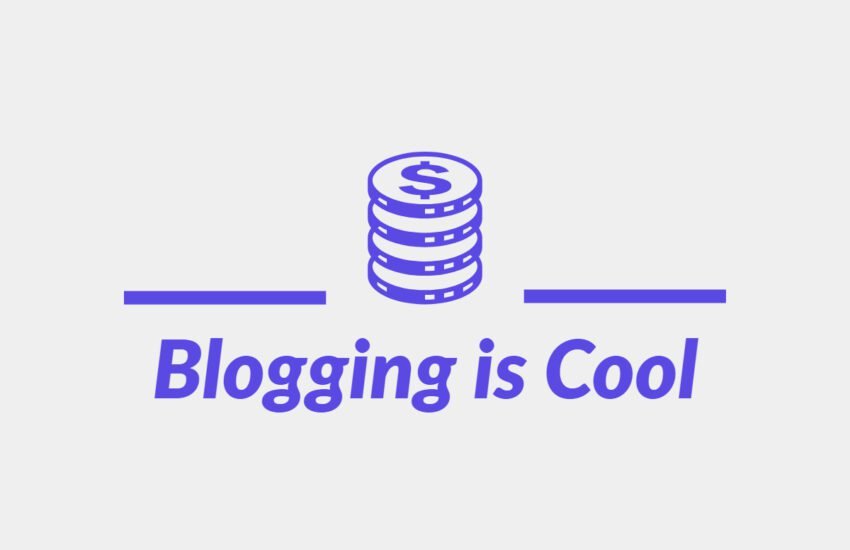Why Some Content Might Not Be Indexed by Google
What is indexing?
Indexing refers to the process by which search engines like Google collect, analyze, and store information about web pages on the internet.
When a web page is indexed, it means that the search engine has crawled the page, extracted relevant information, and added it to its database or index.
This enables the search engine to quickly retrieve and display relevant results to users when they enter a search query.
Indexing involves analyzing various elements of a web page, such as its content, metadata, and links, to determine its relevance and ranking in search results.
By indexing web pages, search engines can efficiently organize and deliver information to users, helping them find the most relevant and useful content for their queries.
As a website owner, it can be frustrating when your content is not being indexed by Google. It is important to understand that there are several reasons why this might be happening, and in some cases, it could be your own fault.
Why it is important for Google to Index
Having your blog posts indexed by Google is crucial for several reasons.
Content can be found
Firstly, indexing ensures that your content becomes discoverable to users who are searching for relevant information.
When Google indexes your blog posts, it means that they are included in Google’s search results, making it easier for people to find and access your content when they enter related queries into the search engine.
Increases blog’s visibility
Secondly, indexing increases your website’s visibility and exposure.
When your blog posts appear in Google search results, they are exposed to a wider audience, potentially leading to increased traffic to your website.
This increased visibility can also help establish your website as a credible source of information within your niche or industry.
Improves website’s ranking
Moreover, having your blog posts indexed by Google can improve your website’s search engine rankings. When Google indexes your content, it evaluates various factors such as relevance, quality, and authority to determine where your blog posts should appear in search results.
By optimizing your blog posts for search engines and regularly publishing high-quality content, you can improve your chances of ranking higher in search results and attracting more organic traffic to your website.
Facilitates content sharing
Additionally, Google indexing facilitates the process of content sharing and promotion.
When your blog posts appear in Google search results, they can be easily shared across social media platforms, email newsletters, and other channels, expanding your reach and driving more traffic to your website.
Overall, Google indexing is essential for maximizing the visibility, reach, and impact of your blog posts.
By ensuring that your content is indexed by Google, you can attract more visitors to your website, improve your search engine rankings, and establish your website as a reputable source of information in your field.
Why Google Doesn’t Index Some Posts
In this blog post, we will explore the common reasons why certain content may not get indexed by Google and what you can do to rectify the situation.
1. Pages or Posts That Are Orphaned
One of the main reasons why Google might not be indexing your content is if it is orphaned. Orphaned content refers to pages or posts that are not linked to from any other pages on your website.
When Google’s crawlers visit your site, they rely on links to discover and index new content. If a page or post is not linked to, it may go unnoticed by the crawlers.
To ensure that your content gets indexed, make sure it is properly linked to from other relevant pages on your website.
2. Slow Website with Many URLs
If your website is slow and has a large number of URLs, it can significantly impact Google’s crawling process.
Google’s crawlers have a limited amount of time to crawl and index your website. If your site is slow and has too many URLs, it can take longer for the crawlers to complete their task, resulting in delayed indexing of your content.
To improve the crawling speed and increase the chances of your content getting indexed, consider optimizing your website’s performance and reducing the number of unnecessary URLs.
3. Content That Isn’t Likely to Be Searched For
Not all content on your website is likely to be searched for by users.
For example, pages such as privacy policies, terms of service, or other legal disclaimers may not be commonly searched for.
Google’s crawlers prioritize indexing content that is relevant and likely to be searched for by users. If your content falls into this category, it may take longer for it to get indexed.
While it is essential to have these pages on your website, don’t expect them to be indexed as quickly as other more popular content.
4. Robots.txt File
The robots.txt file is a text file that tells search engine crawlers which pages or files on your website they should not crawl or index.
If you have accidentally blocked certain pages or directories that contain valuable content, Google will not index them.
It is crucial to review your robots.txt file and ensure that it is not preventing Google from accessing and indexing your content. Make sure that the necessary pages or directories are not disallowed in the file.
5. Quality of Content
The quality of your content plays a significant role in whether Google chooses to index it or not. If your content is of low quality, lacks originality, or is too similar to other content already available on the web, Google may not prioritize indexing it.
To improve the chances of your content getting indexed, focus on creating high-quality, unique, and valuable content that provides a better user experience.
This will not only increase the likelihood of indexing but also improve your website’s overall visibility and ranking in search results.
Conclusion
There are various reasons why Google might not be indexing your content.
It is essential to identify and address these issues to ensure that your content gets the visibility it deserves.
By avoiding orphaned pages, optimizing your website’s performance, creating relevant and valuable content, and reviewing your robots.txt file, you can increase the chances of your content being indexed by Google.


